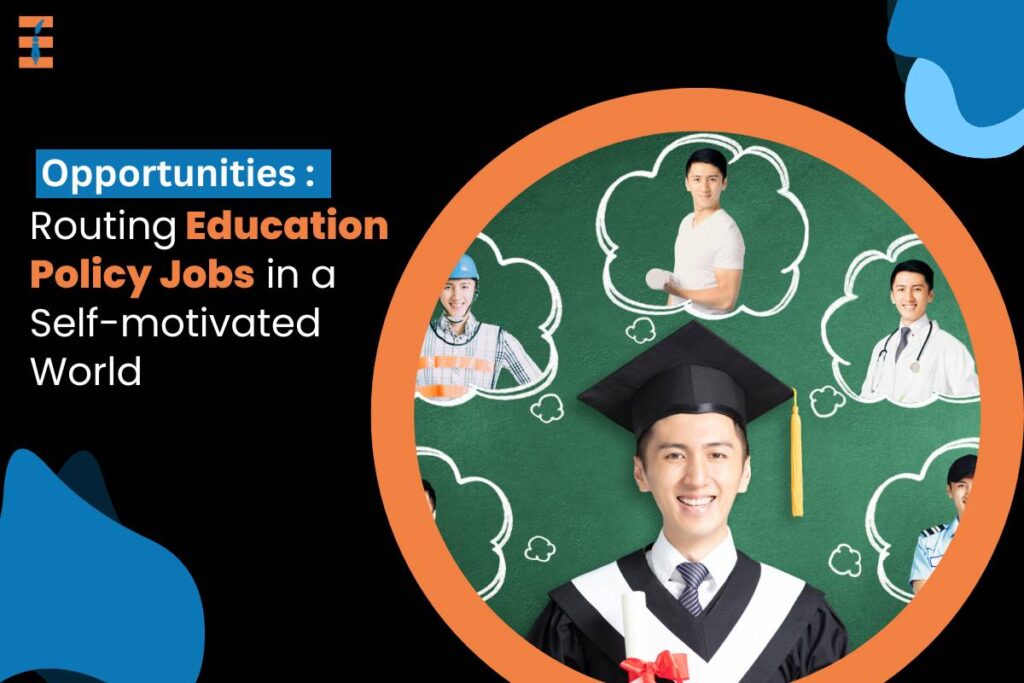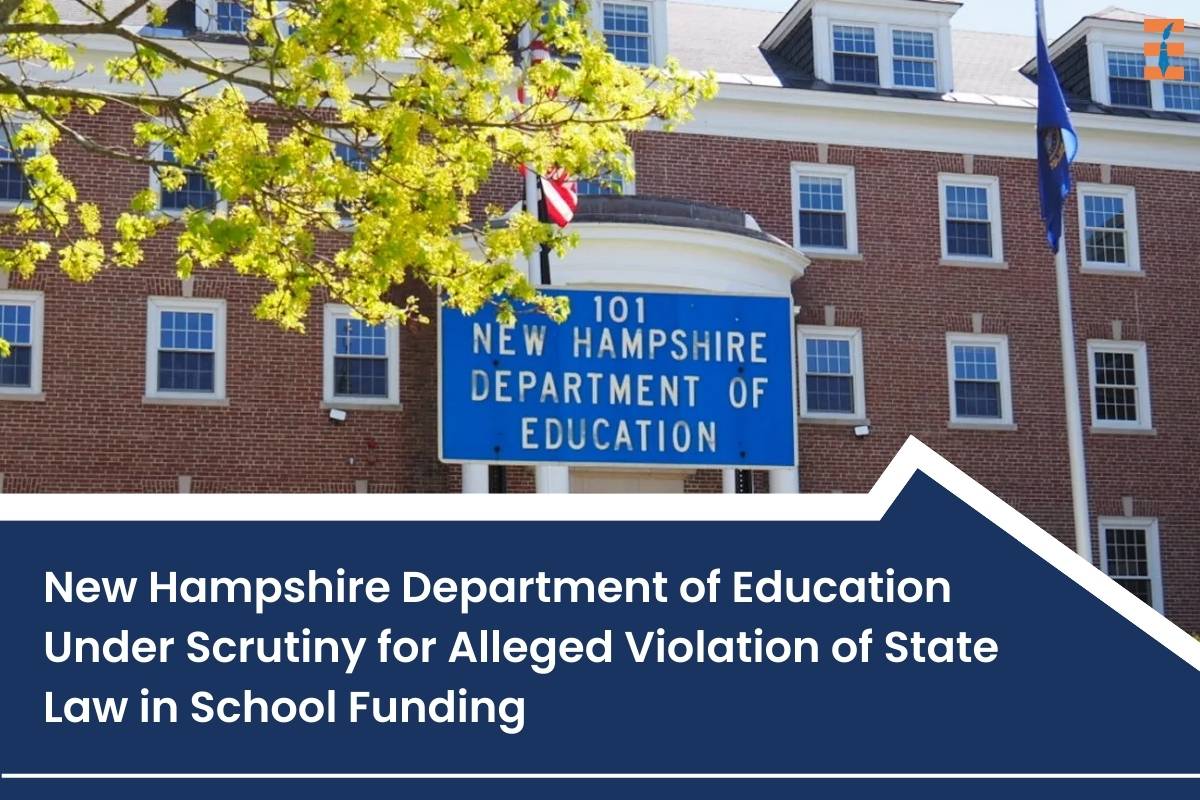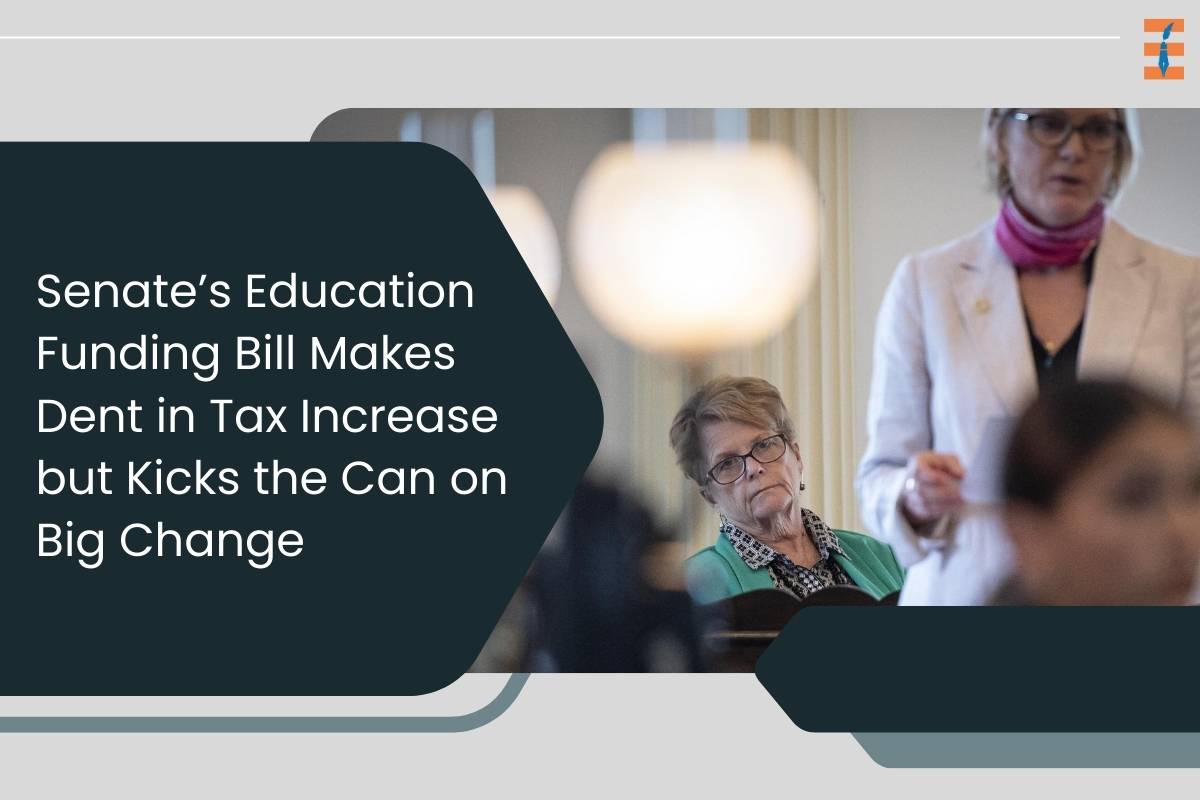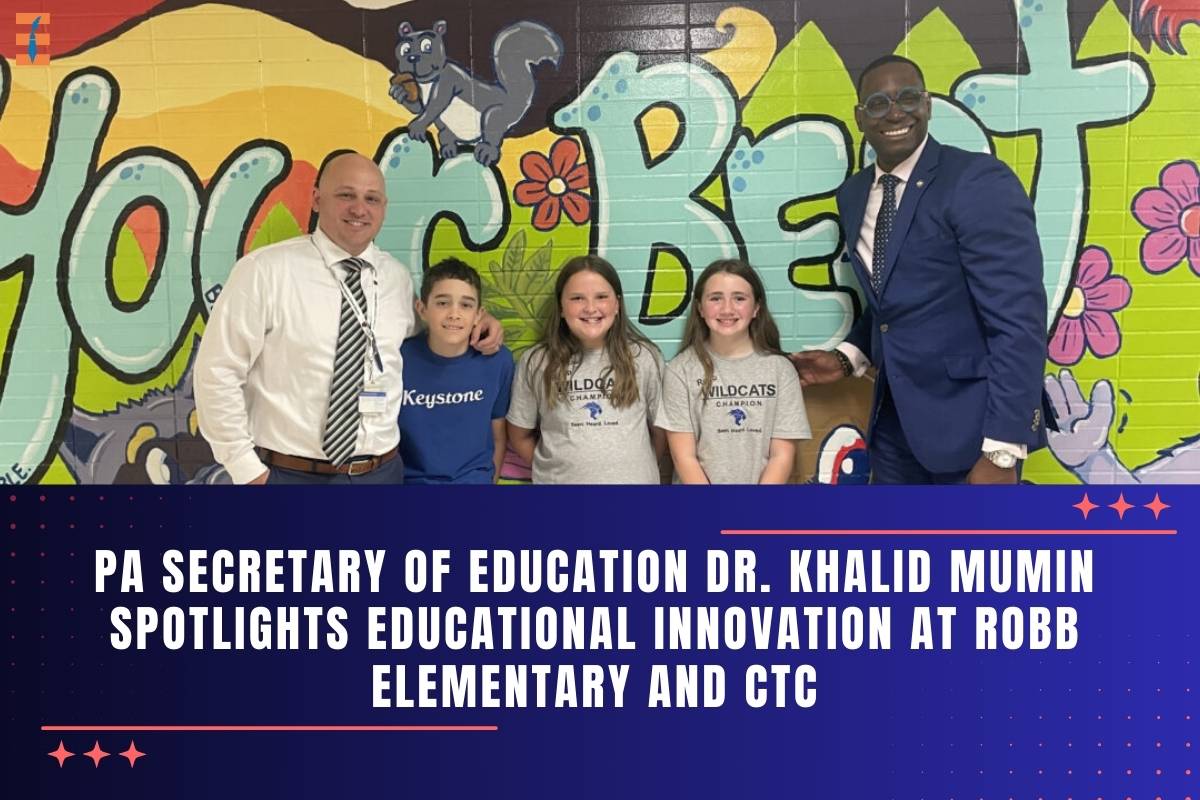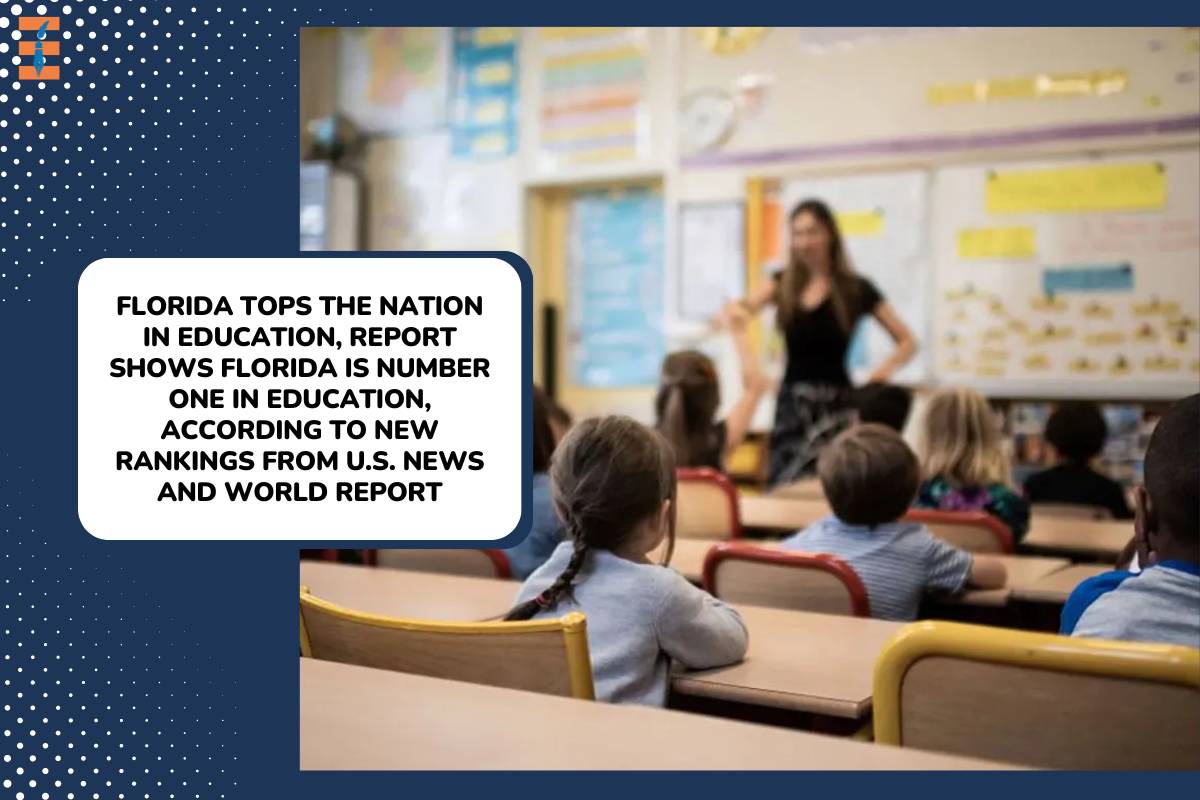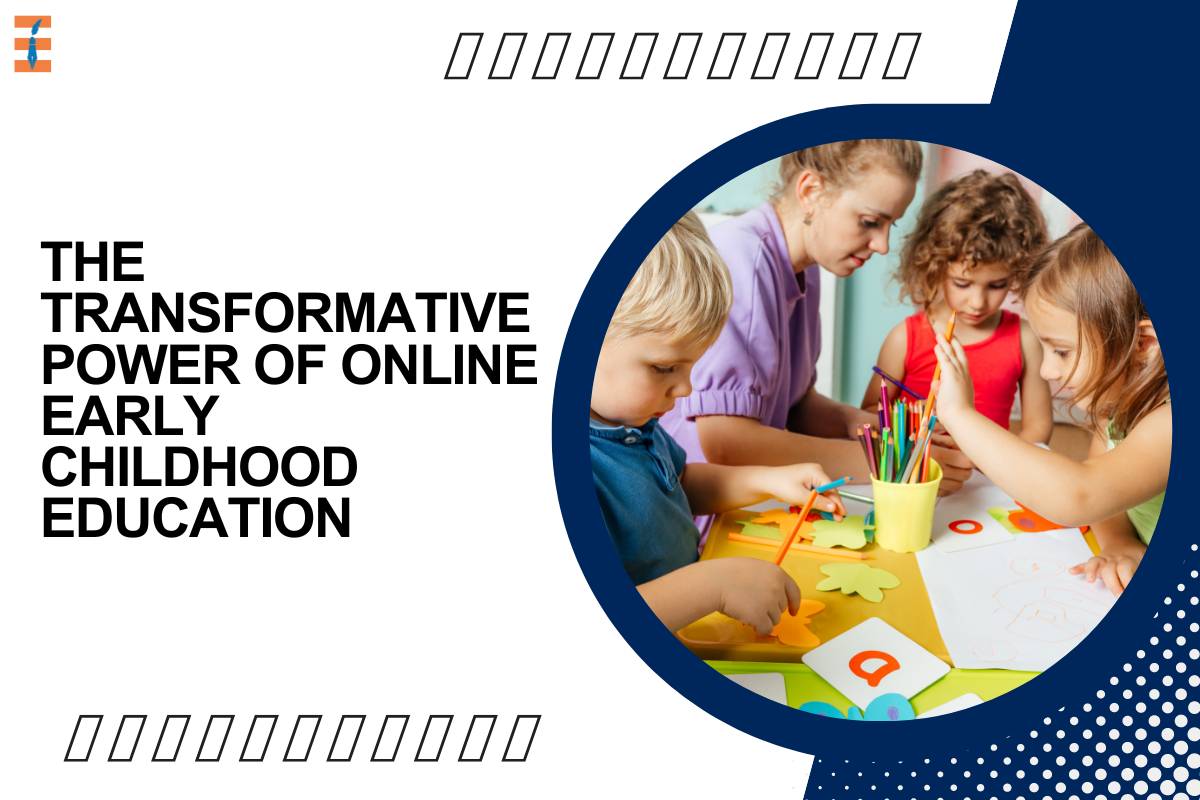Education policies play a crucial role in creating the future of the evolving education sector. Education policy jobs include a broad range of roles. It includes making laws to implementing programs that directly impact students, teachers, and others. To people aspiring to make a difference, understanding the details of this field is essential. In this article, we will explore the various educational policy jobs, skills required, career pathways, and the impact of the education policy jobs on the education system.
Understanding Education Policy Jobs
Education policy jobs span across government agencies, non-profit organizations, think tanks, and educational institutions. Professionals in this field work on a range of issues such as curriculum development, assessment strategies, funding allocation, equity and inclusion, and education reform initiatives. Their work influences everything from classroom practices to national education priorities.
1. Legislative Analysts
These professionals analyze proposed education legislation, assess its potential impact, and provide recommendations to policymakers. They play a crucial role in ensuring that policies align with educational goals and priorities.
2. Policy Researchers
Researchers in this field gather and analyze data to inform policy decisions. They study trends, evaluate program effectiveness, and identify areas for improvement in education policies and practices.
3. Program Managers
Program managers oversee the implementation of education policies and initiatives. They coordinate resources, monitor progress, and ensure that programs are meeting their intended objectives.
4. Advocacy and Outreach Specialists
These professionals work to build support for education policies among stakeholders such as educators, parents, community leaders, and policymakers. They engage in outreach efforts, develop communication strategies, and mobilize grassroots support for policy initiatives.
5. Policy Consultants
Consultants provide expertise to organizations seeking guidance on education policy issues. They conduct research, analyze data, and offer recommendations to help clients navigate complex policy challenges.
Skills for Success in Education Policy Jobs
Success in education policy jobs requires a diverse set of skills that combine analytical thinking, communication abilities, and a deep understanding of education systems. Here are key skills that professionals in this field should cultivate:
1. Research and Data Analysis

Proficiency in research methods, data collection, and analysis is crucial for policy analysis and program evaluation. Professionals must be able to draw meaningful insights from data to inform policy decisions.
2. Policy Analysis
The ability to assess the potential impact of policies, understand relevant laws and regulations and anticipate unintended consequences is essential for policy analysts and researchers.
3. Communication
Strong written and verbal communication skills are necessary for conveying complex ideas, writing policy briefs, presenting research findings, and engaging with diverse stakeholders.
4. Collaboration and Stakeholder Engagement
Education policy work often involves collaboration across multiple sectors and engaging with diverse stakeholders. Professionals should excel in building relationships, facilitating discussions, and finding common ground among stakeholders with varying perspectives.
5. Problem-solving and Critical Thinking
The ability to identify challenges, analyze root causes, and develop innovative solutions is critical in addressing complex education policy issues.
5. Understanding of Education Systems
A deep understanding of educational theories, practices, and systems at local, national, and global levels is fundamental for effective policy development and implementation.
Career Pathways in Education Policy
Education policy jobs offer diverse career pathways suited to professionals with varied backgrounds and interests. Here are some common roles and career trajectories in this field:
1. Entry-Level Positions
Recent graduates or individuals transitioning into education policy may start in roles such as research assistants, policy analysts, or program coordinators. These positions provide opportunities to gain hands-on experience, develop skills, and build networks within the education policy community.
2. Mid-Level Positions
With experience and expertise, professionals can advance to mid-level roles such as policy specialists, program managers, or legislative advisors. These roles involve greater responsibility in shaping and implementing education policies, managing teams, and engaging with key stakeholders.
3. Senior Leadership and Executive Roles
Seasoned professionals may progress to senior leadership positions such as directors of education policy, chief education officers, or government officials overseeing education departments. These roles involve strategic decision-making, policy advocacy at high levels, and leading large-scale initiatives to improve education systems.
4. Consulting and Non-Profit Work
Education policy consultants and professionals in non-profit organizations play crucial roles in providing expertise, advocating for policy change, and implementing innovative education programs. These roles offer opportunities to work with diverse clients and contribute to systemic improvements in education.
Impact of Education Policy Decisions

Education policy decisions have far-reaching impacts on students, educators, families, and society at large. Effective policies can promote equity and access, improve educational outcomes, and foster innovation in teaching and learning. However, poorly designed or implemented policies can exacerbate inequalities, hinder progress, and undermine public trust in education systems.
1. Equity and Inclusion
Policies addressing equity gaps in education, such as funding disparities, access to quality resources, and support for marginalized communities, can promote fairness and opportunity for all students.
2. Curriculum and Assessment
Policies related to curriculum standards, assessment practices, and accountability measures influence teaching methods, student learning experiences, and school performance. Balancing rigor with flexibility and addressing diverse learning needs is crucial in curriculum and assessment policy.
3. Teacher Recruitment and Development
Policies supporting teacher recruitment, professional development, and retention are essential for building a skilled and motivated educator workforce. Investments in teacher training, mentorship programs, and career advancement opportunities contribute to better teaching quality and student outcomes.
4. Technology Integration
In an increasingly digital age, policies on technology integration, digital literacy, and access to online resources shape modern teaching and learning environments. Ensuring equitable access to technology and leveraging its potential for personalized learning are key policy considerations.
5. Global Competence and Citizenship
Education policies that promote global competence, cultural awareness, and civic engagement prepare students to thrive in a diverse and interconnected world. Global education initiatives, exchange programs, and cross-cultural learning opportunities contribute to fostering informed and responsible global citizens.
Challenges and Opportunities Ahead
While education policy jobs offer meaningful opportunities to impact education systems positively, they also come with challenges and complexities. Here are key challenges and areas for growth in education policy:
1. Equity and Access
Addressing persistent equity gaps, ensuring access to quality education for all students, and reducing barriers based on socioeconomic status, race, ethnicity, or ability require sustained policy efforts and targeted interventions.
2. Technology Integration and Digital Divide
Bridging the digital divide, promoting digital literacy, and harnessing technology for inclusive and effective learning experiences are ongoing challenges that education policies must address.
3. Teacher Recruitment and Retention
Developing strategies to recruit and retain high-quality teachers, especially in underserved communities or high-need subject areas, is essential for improving educational outcomes.
4. Evidence-Based Policymaking
Strengthening the use of research and data in policymaking, promoting evidence-based practices, and evaluating policy impact rigorously are priorities for enhancing policy effectiveness and accountability.
5. Global and Multicultural Education

Integrating global perspectives, multicultural education, and intercultural competence into curricula and policies prepares students for global citizenship and collaboration in diverse contexts.
Conclusion: Shaping the Future of Education
Education policy jobs offer a dynamic and impactful career path for professionals passionate about improving education systems and fostering positive outcomes for learners. By developing key skills, understanding the intricacies of education policy, and engaging in evidence-based policymaking, individuals can contribute to shaping inclusive, equitable, and innovative education environments. As we navigate complex challenges and opportunities in education, informed and dedicated policymakers and practitioners play a vital role in unlocking the full potential of learners and societies worldwide.
Also Read: A Comprehensive Analysis by an Education Policy Analyst

